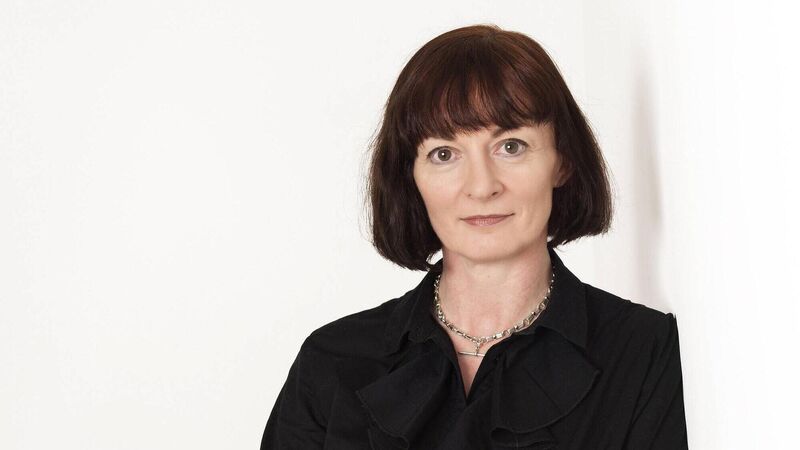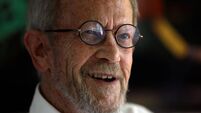Author interview: Cathy Sweeney happy to leave latest creation behind her

Cathy Sweeney: “ I’d taught in schools; I’d taught in The Institute of Education; I’d written textbooks. You enjoy it, but there comes a time when you know you are sublimating the passion to write into the teaching and it’s not quite the same.”
- Breakdown
- Cathy Sweeney
- W & N, €19.83/ Kindle, €13.41
BOOKS & MORE
Check out our Books Hub where you will find the latest news, reviews, features, opinions and analysis on all things books from the Irish Examiner's team of specialist writers, columnists and contributors.






